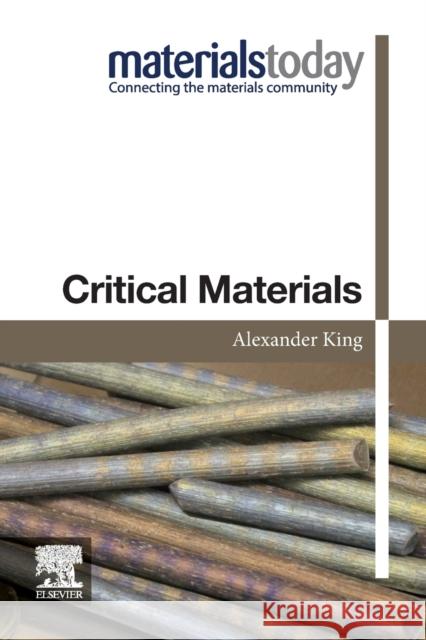Critical Materials » książka
topmenu
Critical Materials
ISBN-13: 9780128187890 / Angielski / Miękka / 2020 / 256 str.
Kategorie:
Kategorie BISAC:
Wydawca:
Elsevier
Seria wydawnicza:
Język:
Angielski
ISBN-13:
9780128187890
Rok wydania:
2020
Numer serii:
000826272
Ilość stron:
256
Waga:
4.46 kg
Wymiary:
22.86 x 15.24 x 1.47
Oprawa:
Miękka
Wolumenów:
01
Dodatkowe informacje:
Bibliografia











